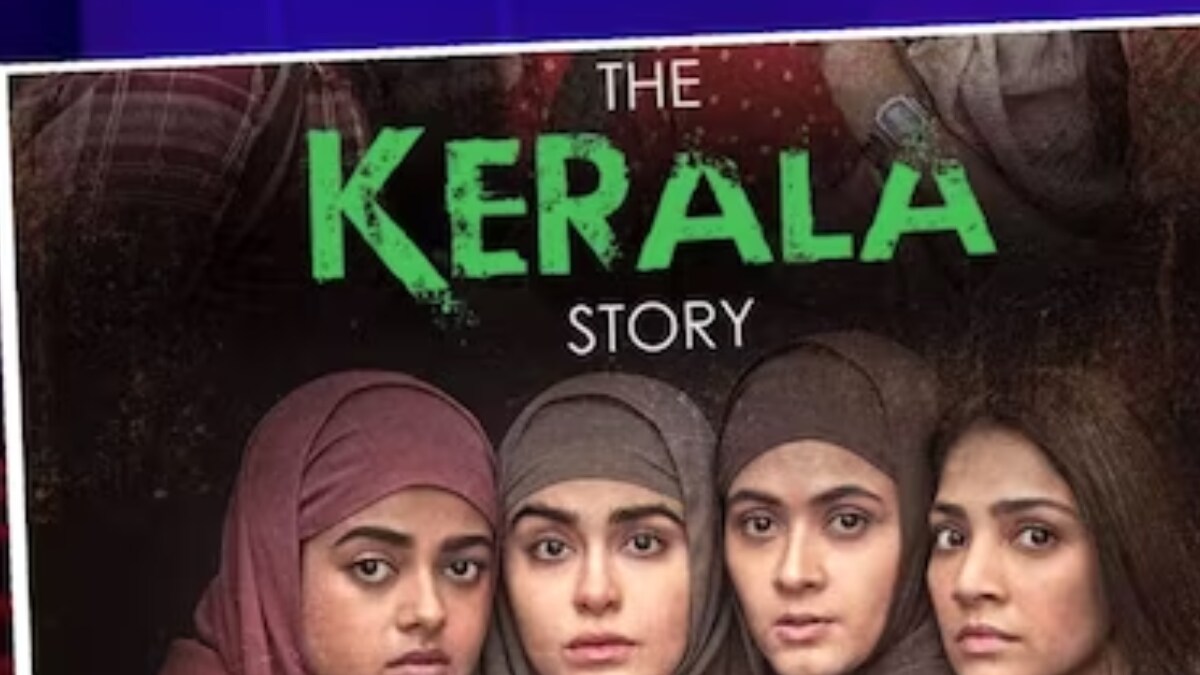Explained: Why, How And When State Exempts Tax On Films; What It Means

State governments may occasionally exempt it from taxation to make it more accessible to the audience.
When the film is announced as tax-free, it means that only the SGST component is eliminated.
The Kerala Story has steered much controversy around it since the day its trailer was unveiled. The film has been banned in West Bengal and the theatre and multiplex owners have removed the film on Sunday in Tamil Nadu. However, Madhya Pradesh, Uttar Pradesh and Uttarakhand have announced the film to be tax-free. The film is based on how young girls are brainwashed and later converted to Islam and recruited by the terrorist front of ISIS. Making the film tax-free means that the tickets are less expensive and that more people can watch it. Here are some answers to common frequently asked questions.
What are the criteria to declare a film tax-free?
There are no set criteria for claiming or receiving tax exemption for a film. State governments decide whether or not to remove their claim to tax income. When a film deals with a social cause or an inspiring topic, state governments may occasionally exempt it from taxation to make it more accessible to the audience.
How many types of taxes apply to a film?
After the implementation of GST in India, film tickets were subject to a 28 per cent GST, initially. Following this two slabs of GST were introduced and are known as entertainment tax. The 12 per cent is levied on tickets costing up to Rs 100 and 18 per cent on tickets costing more than Rs 100. The tax is divided into two equal parts between the Centre and state governments.
What does it mean for a film to be announced to be tax-free?
When the film is announced as tax-free it means that only the SGST component is eliminated, while CGST remains in place. In simple terms, the state won’t collect its part of the tax on the ticket which makes the ticket 6 per cent or 9 per cent cheaper depending on the price of the ticket.
What is the benefit to the audience if the film is tax-free?
When a state government makes a film tax-free, then SGST is not applicable on its share, its price is reduced, making it cheaper for the audience and affordable for many to watch the film in theatres.
Does this benefit the producers of the film as well?
There is no direct benefit to the film’s producers but if the theatres witness high occupancy, the film eventually earns more at the box office.
Many times, even after being tax-free, film tickets are not as cheap as expected, why is it so?
It happens when the distributors of the film raise the ticket amount for profit after the state announces the film to be tax-free. That is why the tickets are still expensive.
Which are the recent films announced tax-free?
Over the years many films have been declared tax-free and the most recent before The Kerala Story is Vivek Agnihotri’s The Kashmir Files. The other films are Uri: The Surgical Attack, Tanhaji: The Unsung Warrior, Chhapaak, Padman, Toilet – Ek Prem Katha, Hindi Medium, Sachin – A Billion Dreams, Dangal, Neerja, Sarbjita, Airlift, Bajirao Mastani, Manjhi – The Mountain Man and Mary Kom.
Notably, Richard Attenborough’s 1982 directorial film Gandhi is the only film announced tax-free by both the federal and state government.
Read all the Latest Business News, Tax News and Stock Market Updates here
For all the latest business News Click Here

